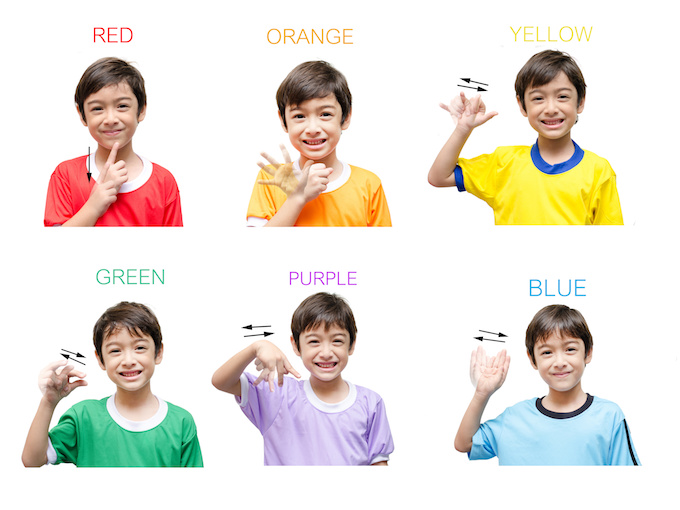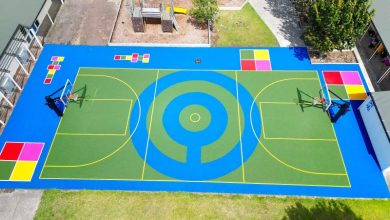
University of Canterbury Senior Lecturer Denise Powell has been awarded a Churchill Fellowship to research specialist education for deaf and hard of hearing students in the United States, Australia and Hong Kong.
“I will investigate the possibilities for bilingual education in co-enrolment settings for deaf and hard of hearing students in New Zealand,” Dr Powell says.
“This is important because deaf education in New Zealand is at a crossroads. There are urgent discussions about how we best support and educate deaf children, service design and roles and responsibilities of this area of specialist teaching.”
In New Zealand, most deaf and hard-of-hearing (DHH) children – about 95% – are mainstreamed at their local school, with or without specialist support. The Ministry of Education’s inclusion model and technology changes have fed this increased mainstreaming. Although many people and groups support the right of children with disabilities to attend their local school, some have mixed feelings about the success of such moves for deaf children, according to the specialist teaching academic from UC’s College of Education, Health and Human Development.
“Some believe that DHH students can be socially and linguistically isolated in environments where they are the only DHH person as, even with the latest technology, deaf children can never be hearing children. We need to consider how we develop an environment that encourages the educational and social achievement of these deaf learners,” Dr Powell says.
“Achieving better outcomes for deaf students requires innovative teaching methods and interventions that are producing measurable results both academically and socially. I believe co-enrolment has the potential to do that.”
The benefits include enhancing the provision of New Zealand-based services to deaf students in order to replicate an environment which acknowledges the cultural and linguistic conditions required to create an equitable learning environment for minority children, she says.
What is co-enrolment?
Co-enrolment can be broadly defined as educating groups of DHH students with their hearing peers in the same educational environment. Co-enrolment differs from mainstreaming in that mainstream programmes usually have a single DHH student in a general education classroom.
Co-enrolment has several DHH students within a single classroom and assumes that DHH and hearing students should be equal participants with equal status in the classroom. Co-enrolment usually involves co-teaching by a regular classroom teacher and a teacher of the deaf. There are co-enrolment programmes in the United States, several European countries, Hong Kong, Japan and Australia.









